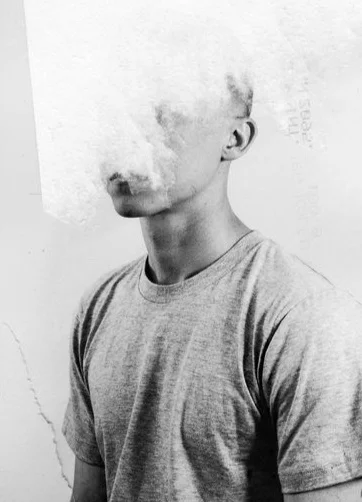The Lived Experience of Words on a Page: Navigating Identity in the Classroom
“We lose ourselves in what we read, only to return to ourselves, transformed and part of a more expansive world.”
Judith Butler
Being in college is an odd mix of the academic and the personal. At least in the humanities, you’re constantly asked to create your own arguments and form your own opinions on the material at hand in a way that synthesizes previous ideas and generates new ones. The catch with academic writing is the constant striking out of personal identity while still also putting yourself and your ideas within your paper. When I started college, I lost count of the amount of papers that got red pen feedback, such as “no first person!” or “don’t refer to yourself!” There was a steep learning curve in understanding how to write “academically” that I wasn’t quite ready for.
Applying for college in the current American system is a giant scatter of personal essays, supplemental art portfolios, interviews, and so on. The defining characteristic of a college application is the scrawling of your identity in bold letters onto what I can only imagine becomes a stapled stack of paper amongst a pile of thousands of others. But once we get to college, things get a little bit more complicated. The identities that we pored over in our personal statements, essays, and resumes are now just our lived selves, and not particularly something that passes academic muster on their own.
Early on in my college career, I was confused and terrified at having to decide a major. I went aimless for a while, taking classes that seemed mostly boring and wondering if I had made a mistake in the college I chose. If, in fact, I had just superimposed it onto my life in hopes that it would look like it always belonged. After shopping for majors for some time, I went to the open house for my university’s English department and met with some professors there. I remember the occasion being a casual one — with bowls of fruit and genteel professors stretched out on lounge chairs awaiting interested students. I talked to a professor who wrote on queer theory and another who wrote about Indigenous and Latinx culture. Parts of myself seemed more possible than ever before, and all it took was filling out a course of study declaration form.
The next few semesters I took classes in Latinx studies, queer theory, and all manner of courses foregrounded in race. It was a quasi-religious experience to give language to the different aspects of my identity that I previously didn’t understand and to have access to writers who were grappling with the same things I was. I had theories and books and poetry that connected me to the different parts of myself that always seemed to be in conflict with each other.
At the same time, there was some disconnect, which began with a class on race and media I took my sophomore year. The class was almost entirely white, taught by a white professor, and focused on the historical aspects of racial representation in media and its modern implications. Multiple times every class I would get asked a question from the professor about my specific “insider knowledge” on how representation affects people of color. The class would wait — pencils at the ready — to scrawl down my answer as though I had become the authority tasked to inform the masses. As though I had a choice in the matter. That class was a clear departure from the freedom and possibility that I felt from the other classes that I loved, and I struggled to reconcile how these experiences could feel so different. It dawned on me then how such a divergence could be possible: I was surrounded by people for whom this subject would only ever be theory.
Within the freedom of studying and experiencing yourself through academia, there is the danger of abstracting yourself and your experiences. What I learned in that classroom two years ago was precisely that lesson. My peers looked onto me like a textbook, ready to be educated and have a thought distilled to them in three easy pages with indexable possibility. The university classroom suddenly wasn’t simply a space for me to learn and stretch and grow but provided instead an expectation in return — a price of entry.
That is not to say that I think the experience of studying my identities in academia is always fraught. I have since been able to explore queer Latinx identity and map onto myself the work that I have done. There is beauty in making oneself possible and teasing apart the complexities of your humanness is an empowering and necessary thing to be able to do.
When we talk about academia, we talk about the open expanses of intellectual discourse and comradery that happens in a classroom. But classrooms have doors. And locks. The academic system is one that relies on a history of oppression and exclusion at its very core, which complicates (but doesn’t invalidate) our relationships to it. University has been a fantastic way for me to explore what was previously unavailable to me in my small hometown, and it has widely changed my ability to experience myself for the better. But, looking back on some of the more troubling experiences, it is clear that it doesn’t come without challenges. When faced with these challenges, it’s a poignant reminder that not all learning can and should happen in a classroom.
I have found more of myself through my course of study, and for that and my professors, I am entirely grateful. What has made my experience studying my own queerness and race so amazing has been the spaces and environments that my professors and my peers have helped to build and sustain. Studying a piece of yourself requires an immense amount of mental and emotional vulnerability and caring for yourself and each other are crucial pieces of that puzzle.
About the Author
Dom Reynoso (he/him) is a senior at The George Washington University studying English while concentrating primarily on queer theory and critical race theory. Outside of his studies, he works in theatre as a performer and behind-the-scenes creative as well as writing. Through all his work, Dom seeks to explore different ways to create space for queer people of color to share their voices and make the high-school-version of himself proud.


